Images 002
![AE—010]() AE—008
AE—008
![AE—002]()
![AE—004]()
![AE—001]()
![AE—006]()
![AE—007]()
![AE—011]()
![AE—009]()
![AE—012]()
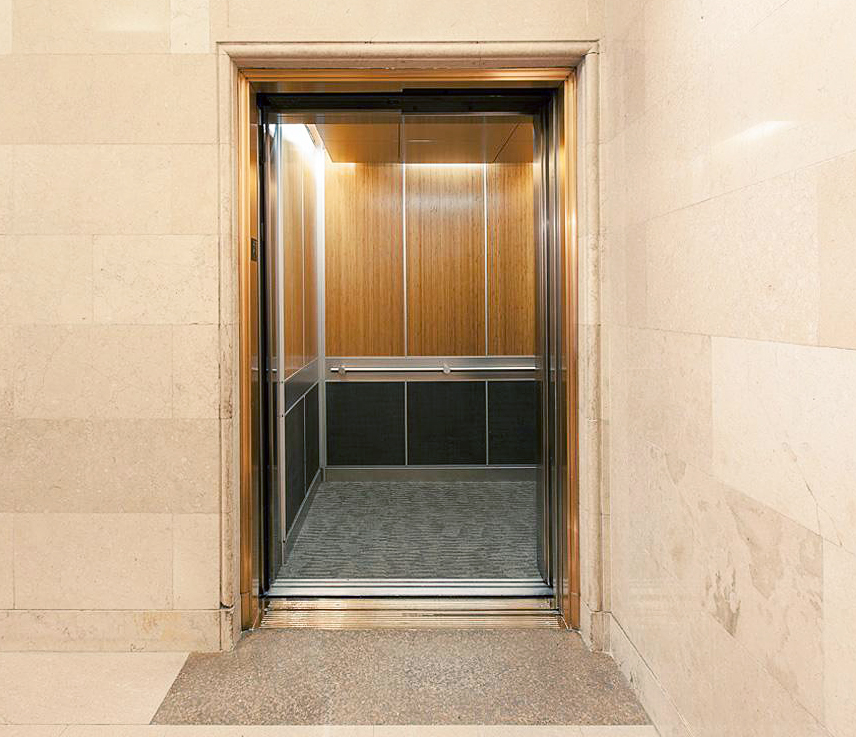 AE—008
AE—008

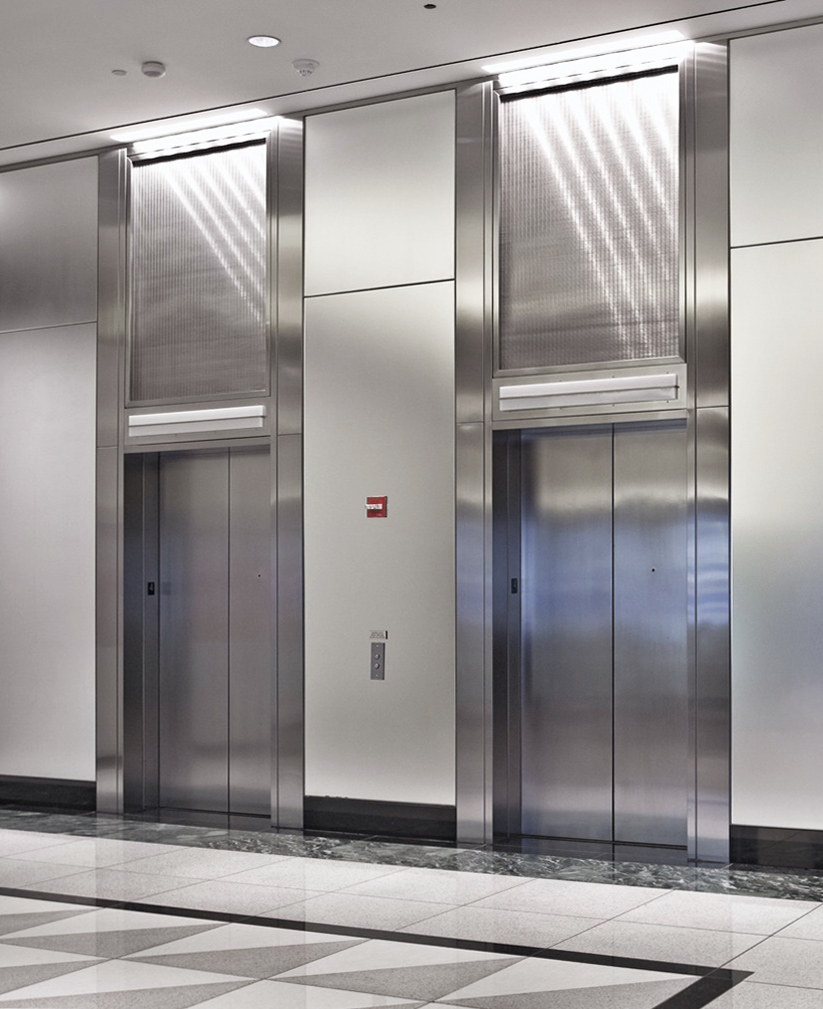
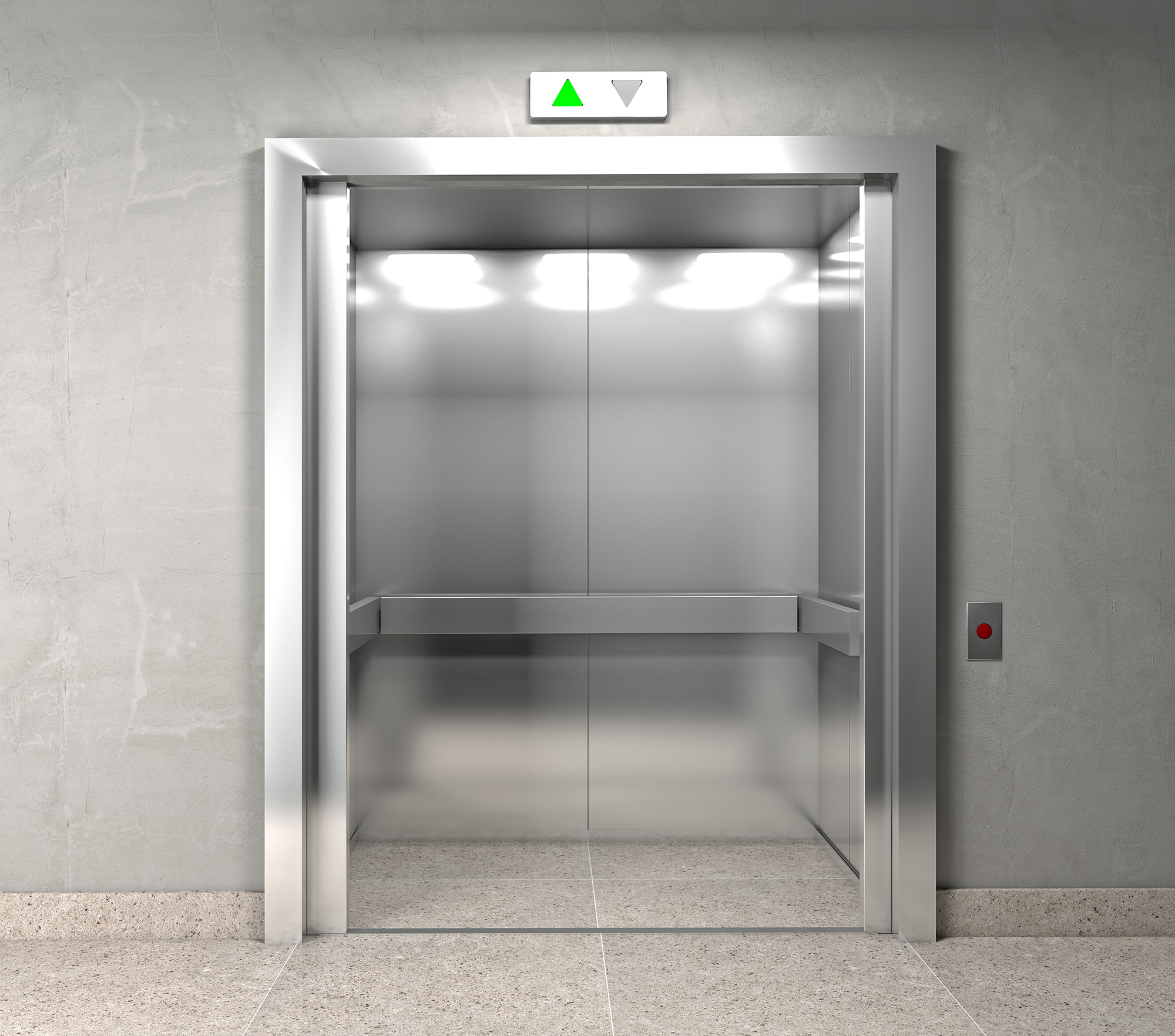
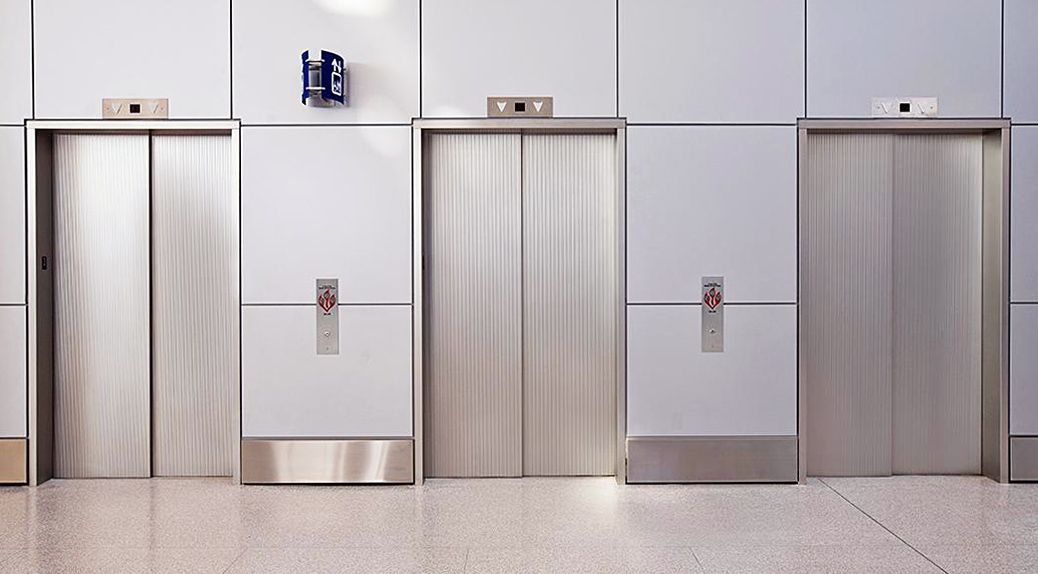
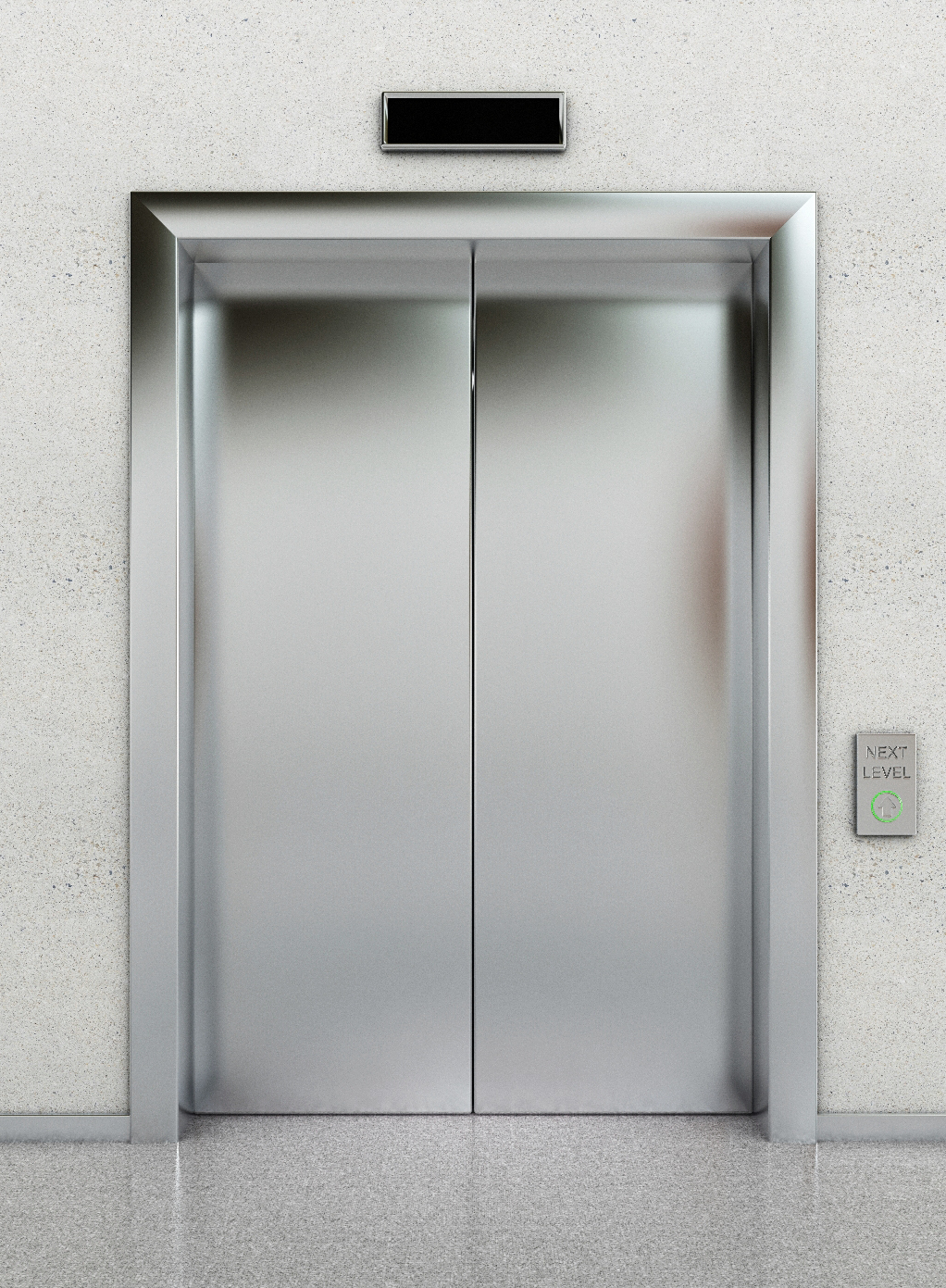
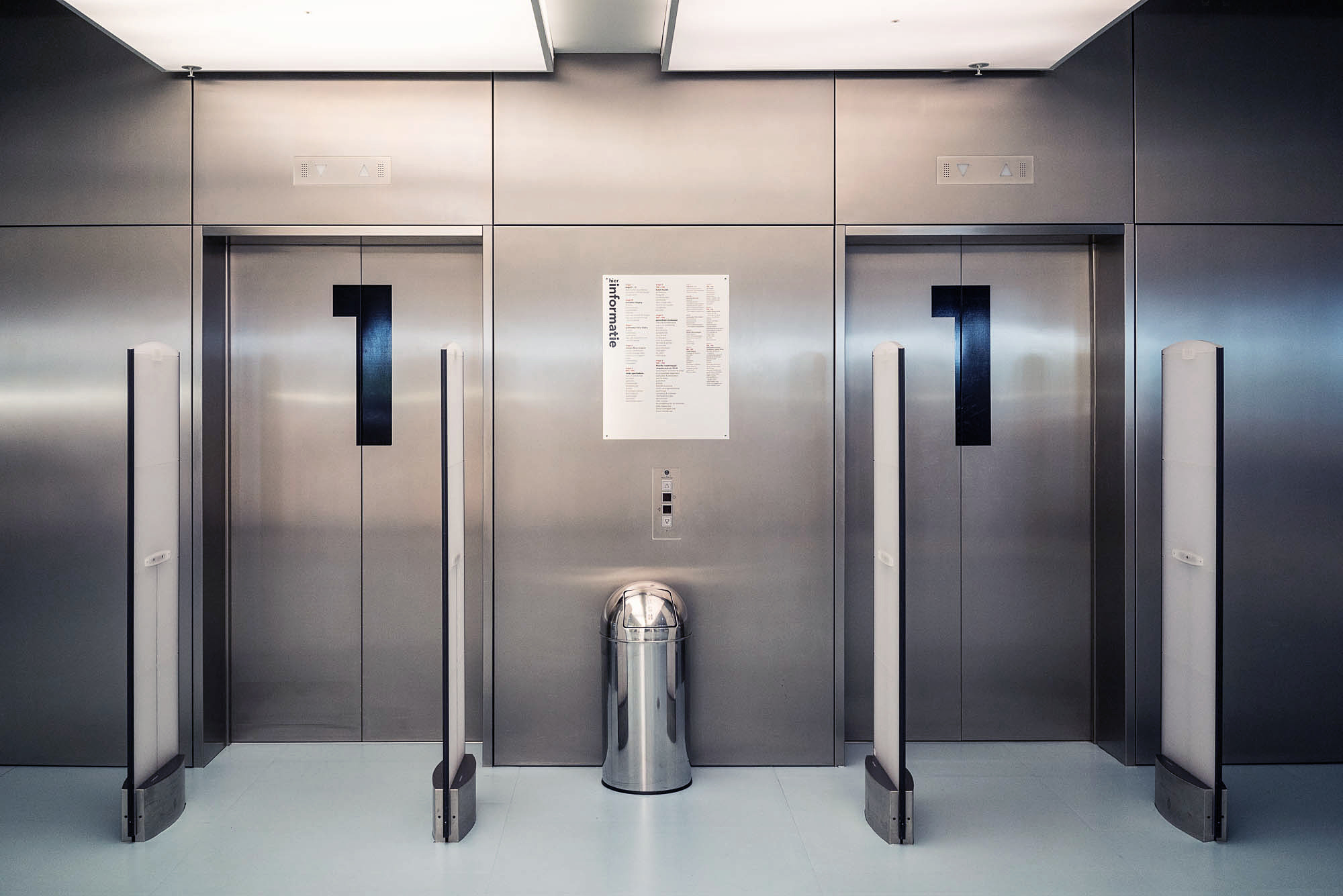
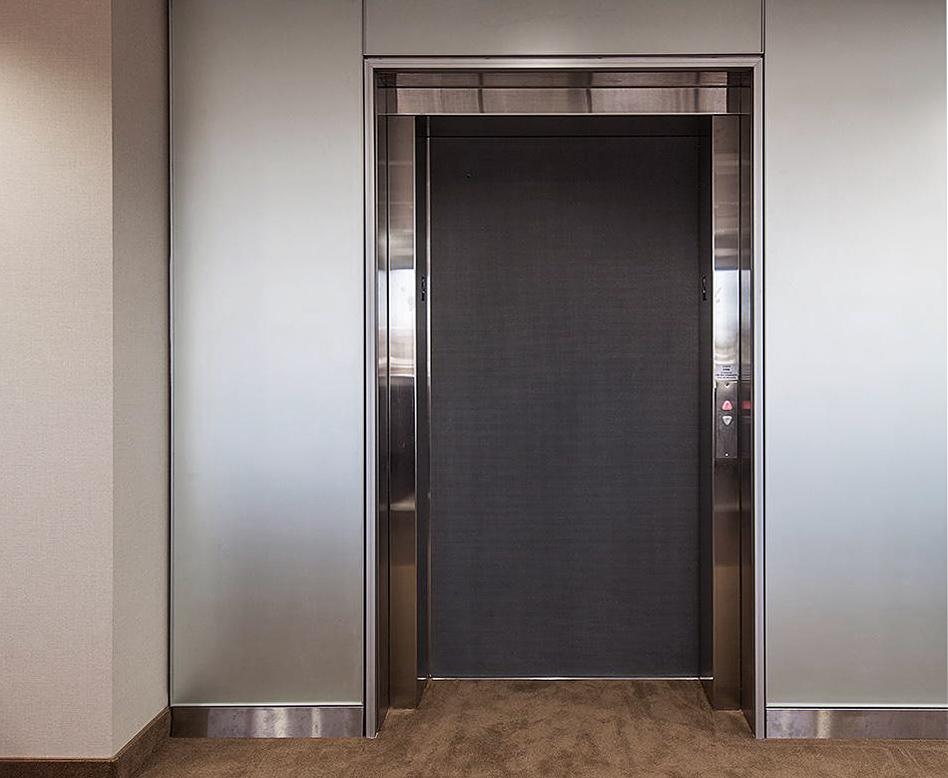
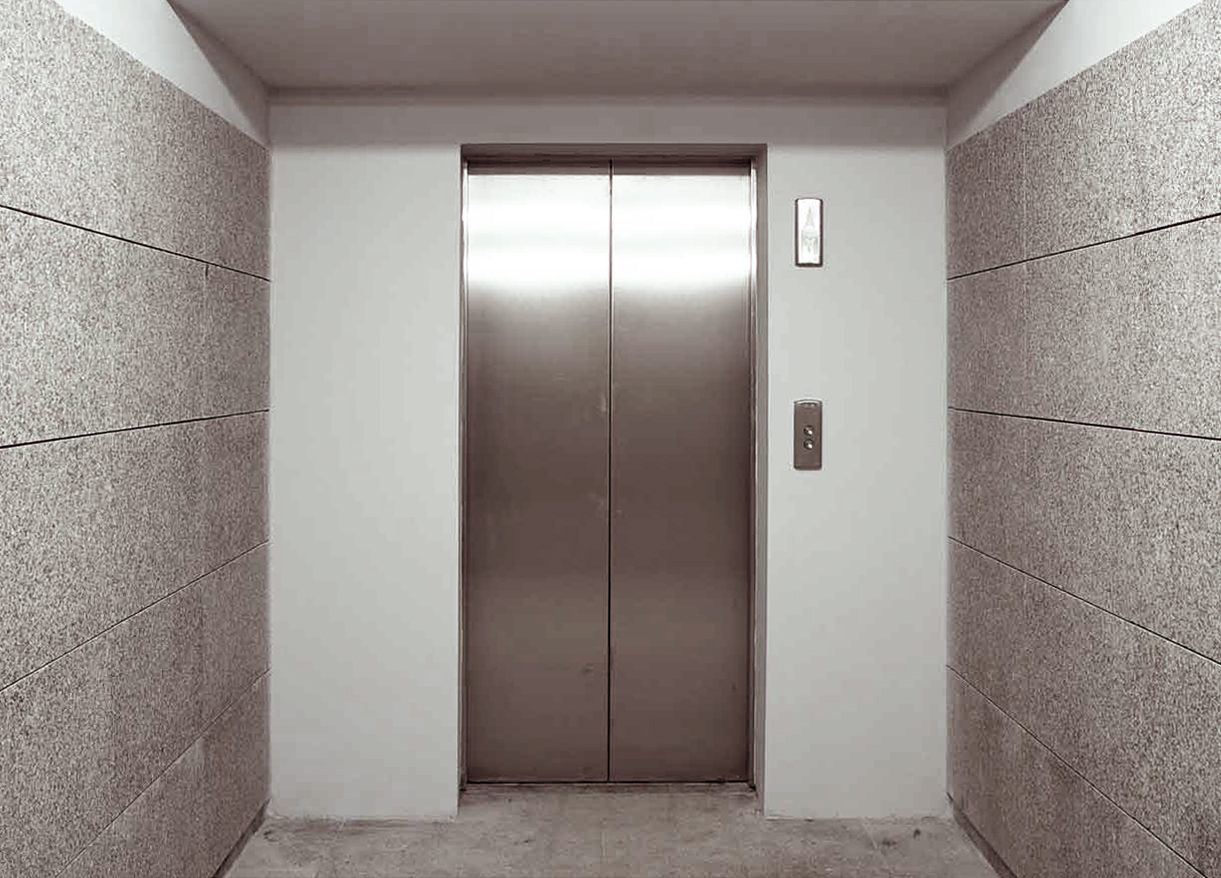
Notes
1 The development of elevators was led by the need for movement of raw materials including coal and lumber from hillsides.
2 In 1852, Elisha Otis introduced the safety elevator, which prevented the fall of the cab if the cable broke.
3 Elevator doors protect riders from falling into the shaft.
1 The development of elevators was led by the need for movement of raw materials including coal and lumber from hillsides.
2 In 1852, Elisha Otis introduced the safety elevator, which prevented the fall of the cab if the cable broke.
3 Elevator doors protect riders from falling into the shaft.
Chapter (2)
~ Ancient Elevators
The doors to the ancient carpark elevators scrape open; it is night, and Us is in a lonely and bad part of the city. There is a wind that Us thinks smells unhealthy. The wind wraps and presses a dirty page of newspaper around one shin. Us removes the paper with thumb and pointer finger, and disgustedly releases it. The wind takes it immediately, rolling and skipping it casually down the pitted black street. In the alley on the right, there is an oil drum with a robust fire; Us thinks this is a bit trite for such a scene. There is no one around. Walking a little further there is a distinct smell of meat cooking. Us shuffles along toward the smell, since it seems to be on the way to “the dock” (where the meeting is to happen). After moving along a bit, Us seems to be right on top of the smell. Us looks over the shoulder-height fence along the sidewalk. No grill, no evidence of a kitchen or the like. There is only one distinctive object: a large, white, solitary flower, blossoming from a single stalk of cactus. Us thinks the flower looks “weird,” and out of place. Us looks at it closely, and touches one petal; it is not fake, apparently. Us walks further along toward the water front. The breeze is briny down here, and still smells a bit rank. A helicopter is landing on the other side of the river.